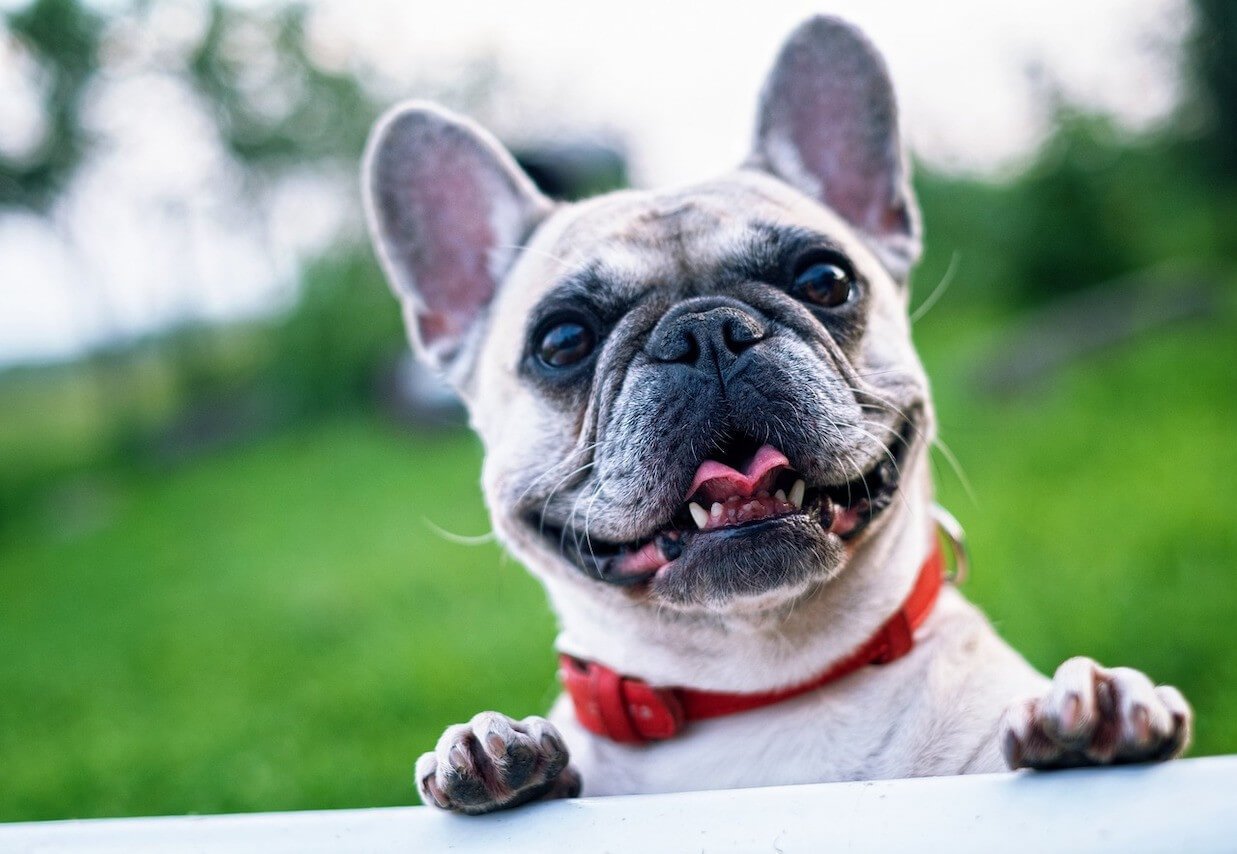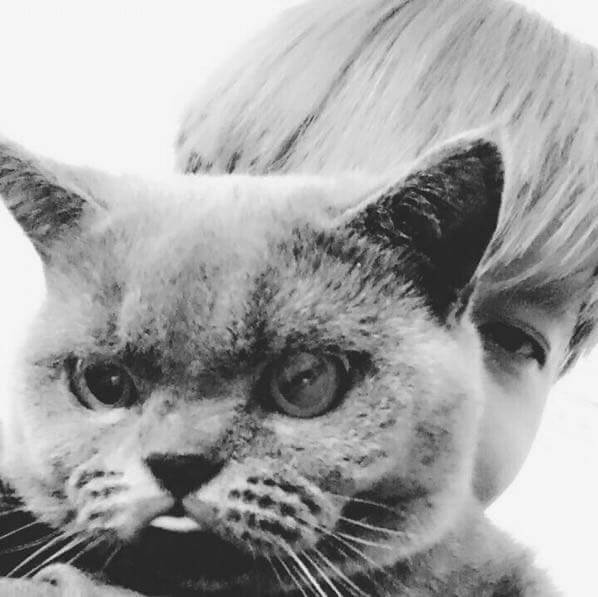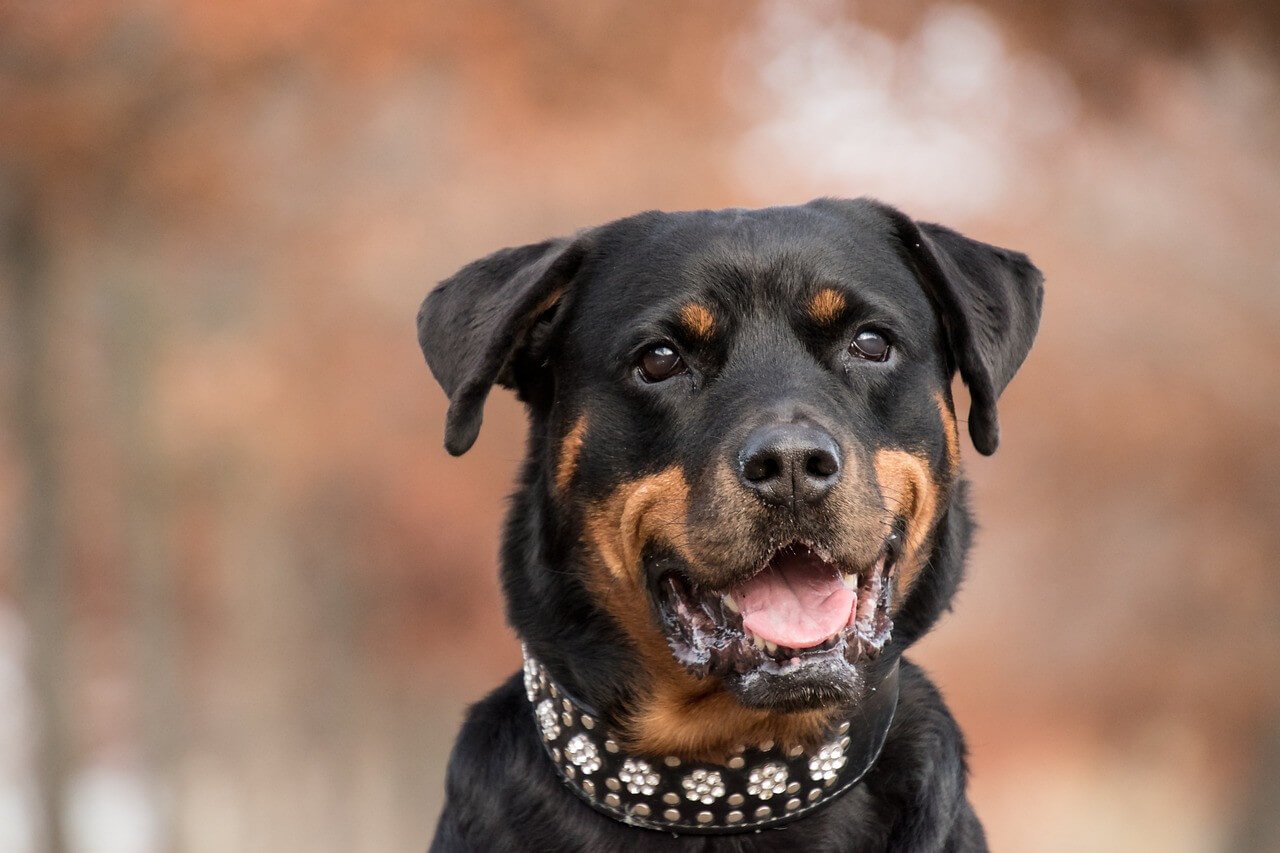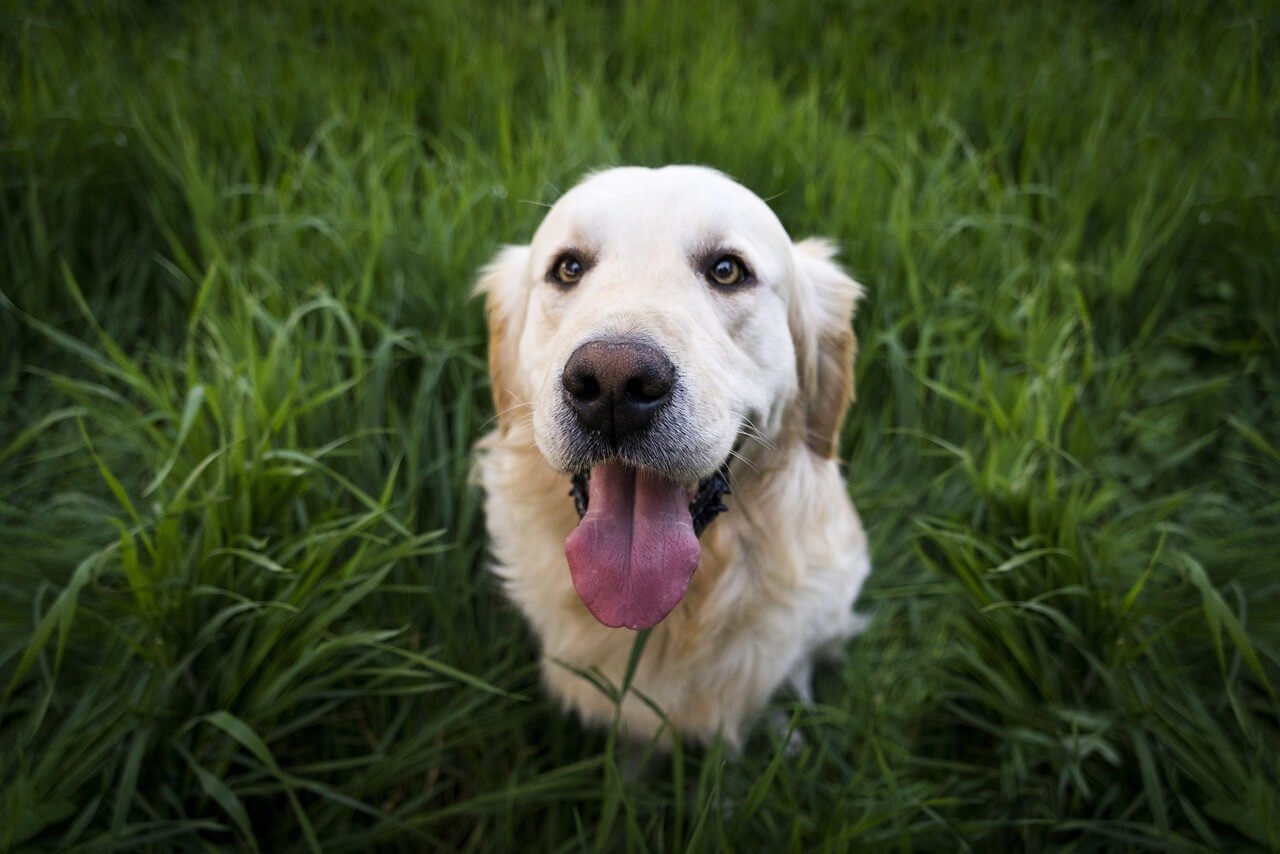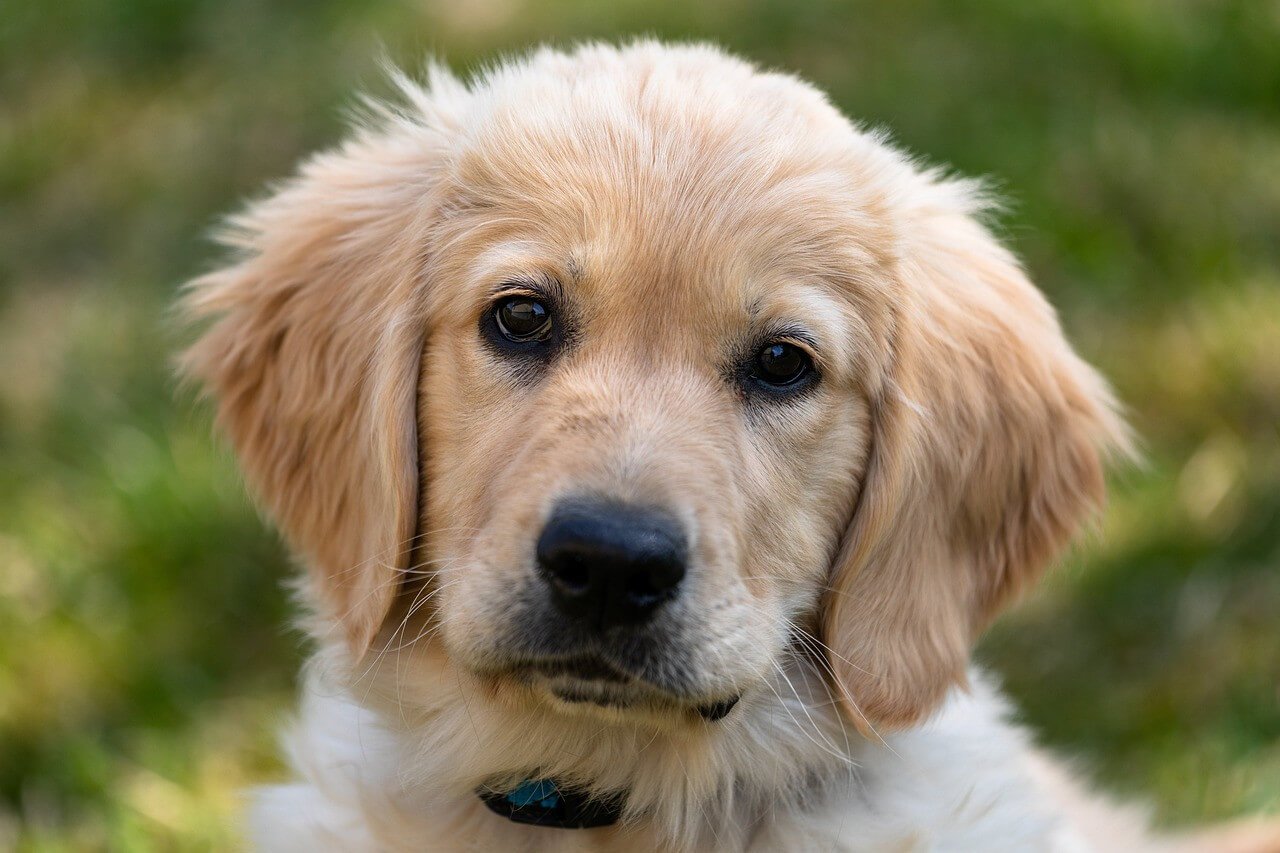Thinking of getting a French Bulldog? You're not alone! French Bulldogs are one of the most popular breeds in the US. Big personalities, bat ears and affectionate nature make them a favorite among families, young professionals and pet owners alike. Whether you're into fuzzy French Bulldogs or the smooth coated variety, this will cover everything you need to know about this cutie breed, including temperament, health and how to care for your new French Bulldog puppy.
French Bulldog History
The French Bulldog has a long and fascinating history that dates back to the 19th century. Originating in England as a toy version of the Bulldog, the toy bulldog played a significant role in the development of modern dog breeds like the French Bulldog. The breed was later introduced to France, where it quickly became a popular companion dog for the working class. With its charming personality and big personality, the French Bulldog became a favorite among the French, who affectionately named it the “Bouledogue Français.” Today, the French Bulldog is recognized globally as a popular breed by kennel clubs, including the American Kennel Club (AKC), and has become a beloved and sought-after breed in many households.

Physical Appearance and Characteristics of the French Bulldog
The French Bulldog, lovingly known as the Frenchie or Bouledogue Français, has quickly become one of the most popular dog breeds in the United States, recognized by reputable organizations such as the American Kennel Club and the French Bull Dog Club of America.
Originally bred as companion dogs during the Industrial Revolution, when lace makers moved from England to France, Frenchies carry a charming mix of strength and charisma despite their dwarf breed classification. They're often mistaken for miniature bulldogs or even a smaller version of the English Bulldog, but they are distinct in their own right.
Distinctive Physical Features
Frenchies possess a sturdy and stocky build—compact but boasting good musculature. Their front-heavy structure, short legs, and broad chest make them unmistakably adorable but also prone to certain health concerns. Unlike long-nosed breeds, their short snout categorizes them among the short-faced dogs or flat-faced breeds, which unfortunately comes with some breathing difficulties like noisy breathing, an elongated soft palate, and pinched nostrils. Owners should have their pet’s airway evaluated regularly by professional veterinary care to minimize these breathing problems, especially in hot weather where Frenchies have less tolerance compared to other dogs.
Iconic 'Bat Ears'
One hallmark of the Frenchie is their large, erect bat ears, which not only contribute to their charming appearance but also make them good watchdogs, alert to their surroundings and protective against intruders or even unfamiliar animals, including other dogs or even cats.
Coat and Color Varieties
French Bulldogs come in a variety of attractive coat colors, commonly found in fawn, brindle, cream, or a combination of these shades. Their short coat is easy to maintain, though it does shed a fair amount, requiring routine grooming to manage shedding and prevent skin allergies and ear infections.
Common Health Issues and Considerations
Due to the breed's unique physique, Frenchies are at a higher risk for certain major problems, including spinal issues like premature degeneration of their spine or abnormal vertebrae, often making them one of the breeds with the most symptomatic back problems. Regular veterinary visits, including routine vaccinations, heartworm prevention, tick control, and screenings for intestinal parasites, alongside regular dental checkups, are critical.
Choosing a Responsible Breeder
Prospective owners looking to bring home healthy French Bulldog puppies should always opt for a responsible breeder or reputable breeder, ideally registered with the American Kennel Club or the French Bull Dog Club of America. Ethical breeders focus on the breed standard, providing puppies the proper motivation and mental stimulation necessary for a dog with such a big personality. Puppies left without proper attention or left unattended might develop behavioral or physical issues.
With their lovable appearance, playful demeanor, and manageable size, Frenchies continue to captivate dog enthusiasts across the US. Ensuring proper care and attention to the breed’s distinctive needs helps your Frenchie live a healthy, happy life.
Understanding French Bulldog Temperament
French Bulldogs are known for their companion dog nature and affectionate character, they make great pets for families and individuals. They thrive on human interaction and love to be the center of attention. They may not be the most energetic dogs but they are playful and love short walks or a game of fetch. Their big personality makes them great companions but be prepared to invest time in training and socialization.
Their social dog nature means they get along with other animals and dogs especially if introduced at a young age. They are easy to train with the right motivation but can be a bit stubborn during training. They're a great breed for first time pet owners looking for an intelligent breed that responds to positive reinforcement.
Health and Well-being
Like other flat-faced breeds, French Bulldogs are susceptible to certain health problems, particularly with their respiratory system. A common issue in brachycephalic breeds is brachycephalic obstructive airway syndrome (BOAS), which makes breathing more difficult, especially during exercise or in hot weather. Keeping your French Bulldog at a healthy weight and avoiding strenuous activities during hot weather can help minimize the risk of breathing difficulties.
Common Health Problems
French Bulldogs are prone to several health issues, including skin allergies, cherry eye, and hip dysplasia. Regular vet check-ups, balanced calorie intake, and maintaining a healthy weight are crucial for managing these health problems. French Bulldogs are known to become overweight if overfed, so it's important to monitor their food intake to avoid unnecessary weight gain.
Care and Grooming
French Bulldogs—often referred to as Frenchies or Bouledogue Français—might look like miniature bulldogs, but these short faced dogs have unique needs when it comes to daily care and grooming. Recognized as a popular dog breed by the American Kennel Club and the French Bull Dog Club of America, Frenchies combine a front heavy structure with a compact size, making them relatively easy to groom yet requiring specific attention to health and comfort.
Coat Maintenance
Despite having a short coat (often in fawn, brindle, or other coat colors), Frenchies can shed a fair amount. Weekly brushing helps minimize loose hair and prevents matting or skin allergies. Regular brushing also allows owners to check for any external parasites—making tick control and flea prevention part of their routine.
Bathing and Skin Care
Because they are a flat faced breed with potential health concerns like breathing difficulties, Frenchies should not be over-bathed. Typically, a bath every few weeks suffices, using dog-specific products suited for dwarf breeds. Too many baths can dry out their skin and exacerbate ear infections or skin allergies. Always ensure the dog’s airway is comfortable by avoiding prolonged exposure to hot water or steam, particularly important given their pinched nostrils and elongated soft palate.
Ear and Facial Fold Cleaning
One hallmark of the French Bulldog is its erect bat ears. These need gentle, regular cleaning to prevent debris build-up and major problems like infection. Use a vet-approved ear cleaner and cotton pads—never insert anything deeply into the ear canal. Additionally, any wrinkles or facial folds on a stocky French Bulldog should be wiped daily to reduce moisture buildup and breathing problems.
Dental Care and Nail Trimming
Regular dental checkups and consistent tooth brushing at home help prevent gum disease, which is all too common in short faced dogs. Nail trimming every few weeks reduces discomfort and injury, particularly given the front heavy structure of this breed. Overly long nails might cause an altered gait and put additional strain on their joints, which can lead to disc disease or premature degeneration in frenchies.
Exercise and Weight Management
Frenchies enjoy a playful lifestyle but have less tolerance for intense activity, especially in hot weather. Short, frequent walks or supervised indoor play with other dogs or even cats can provide enough mental stimulation without risking breathing difficulties. Because this dwarf breed is prone to obesity, it’s essential to monitor their calorie intake and maintain a balanced diet that aligns with the breed standard. Overfeeding can worsen breathing problems and joint issues like abnormal vertebrae.
Routine Veterinary Care
Like other dwarf breeds, Frenchies benefit from regular checkups and heartworm prevention—as well as routine vaccinations and intestinal parasites screenings. Stay vigilant for major problems such as disc disease, noisy breathing, and ear infections. A close relationship with your vet ensures that health issues are caught early, and proper motivation through training and social interaction keeps these good watchdogs happy.
Responsible Breeding and Adoption
If you’re welcoming French Bulldog puppies into your family, always seek a reputable breeder or responsible breeder aligned with organizations like the American Kennel Club or the French Bull Dog Club of America. Ethical breeding practices help reduce health concerns, ensuring puppies from the same breed have minimal breathing problems and other breed’s health issues that come with such breeds. Whether you’re adopting a puppy or an adult, avoid leaving them left unattended for long periods—Frenchies thrive on companionship and require daily interaction for their big personality.
By following these grooming and care guidelines—tailored specifically to the stocky yet adorable build of the French Bulldog—you’ll set your Frenchie up for a healthier, happier life. Remember that each dog is unique, and staying proactive with veterinary care, regular checkups, and preventive measures like tick control ensures your furry friend remains a joyful part of the family for years to come.
Adoption and possession
Selecting the Best Frenchie
- Rescue or Breeder: Whether you adopt from a rescue or buy from a reputable breeder, knowing what you want in a French Bulldog and conducting comprehensive research are essential.
- Age and Temperament: While puppies are charming, adult Frenchies may have already been trained and socialized. Think about what works best for your lifestyle and family dynamics.
- Health Checks: Make sure you're informed of any prospective health issues. Reputable providers will provide health certifications and background information about the dog.
Preparing Your Residence
- Space and Environment: Frenchies adapt well to a variety of living environments, including flats. They do, however, require play area as well as easy access to necessities such as food, water, and a comfortable dog bed.
Grand oreiller orthopédique doux et lavable pour chien, canapé-lit, Snoozy Dream

€58,95
€84,95
Pour transformer votre salon en un espace de détente ultime pour votre animal de compagnie bien-aimé, il est essentiel de trouver un canapé offrant le bon niveau de confort. Le Snnozy Dream de FUNNYFUZZY offre un équilibre confortable entre fermeté… read more
- household Considerations: Make sure that everyone in the household understands how much care and attention a Frenchie takes. Involving them in decision-making can help to ensure a seamless transition.
Recognizing the Commitment
- Time and Energy: French Bulldogs require time, attention, and affection. Understand what's involved before committing, from daily exercise to regular check-ups.
- Financial Responsibility: Owning a French Bulldog entails more than just cuddling and playtime. Take into account the expenditures of food, healthcare, grooming, and other unforeseen expenses.
Conclusion
In summary, French Bulldogs are one of the most beloved and popular dog breeds in the U.S., thanks to their affectionate nature, big personality, and easy-going temperament. However, potential owners should be aware of the breed's health concerns and grooming needs, especially for those interested in fluffy French Bulldogs. Whether you're adopting a French Bulldog puppy or welcoming an adult Frenchie into your home, this breed is sure to steal your heart.



